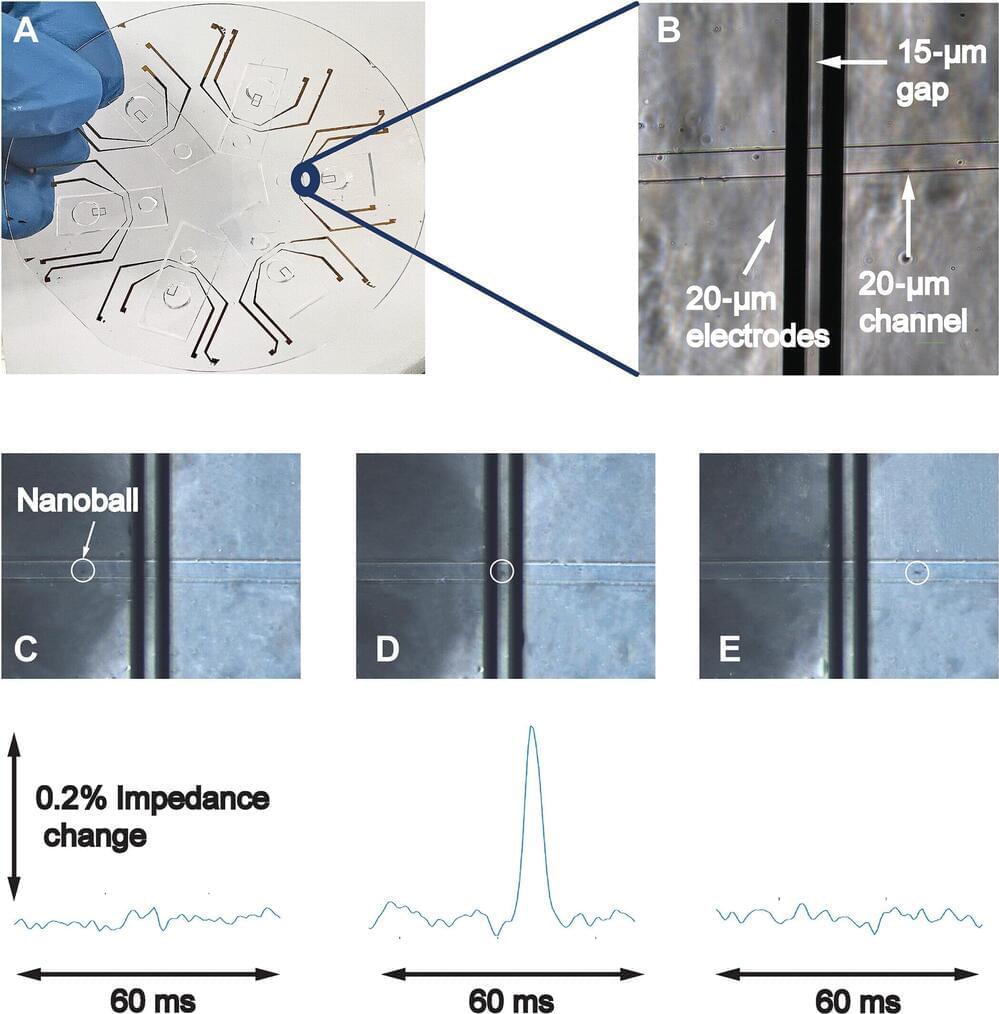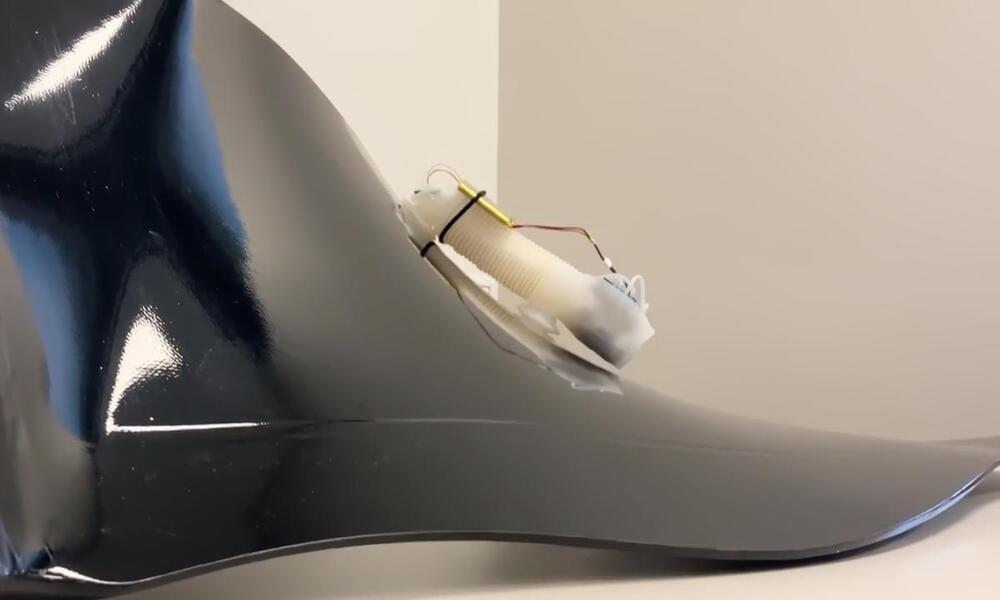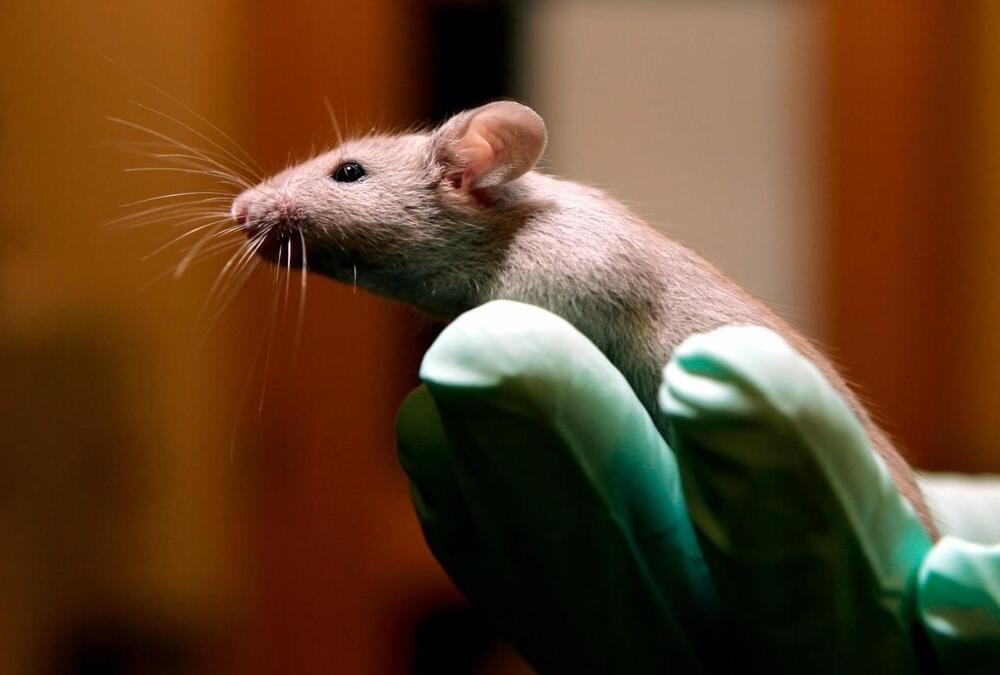Sep 11, 2023
Octopuses and squid are masters of RNA editing while leaving DNA intact
Posted by Omuterema Akhahenda in categories: biotech/medical, genetics
Octopuses are like aliens living among us — they do a lot of things differently from land animals, or even other sea creatures. Their flexible tentacles taste what they touch and have minds of their own. Octopuses’ eyes are color-blind, but their skin can detect light on its own (SN: 6/27/15, p. 10). They are masters of disguise, changing color and skin textures to blend into their surroundings or scare off rivals. And to a greater extent than most creatures, octopuses squirt the molecular equivalent of red ink over their genetic instructions with astounding abandon, like a copy editor run amok.
These edits modify RNA, the molecule used to translate information from the genetic blueprint stored in DNA, while leaving the DNA unaltered.
Continue reading “Octopuses and squid are masters of RNA editing while leaving DNA intact” »


















